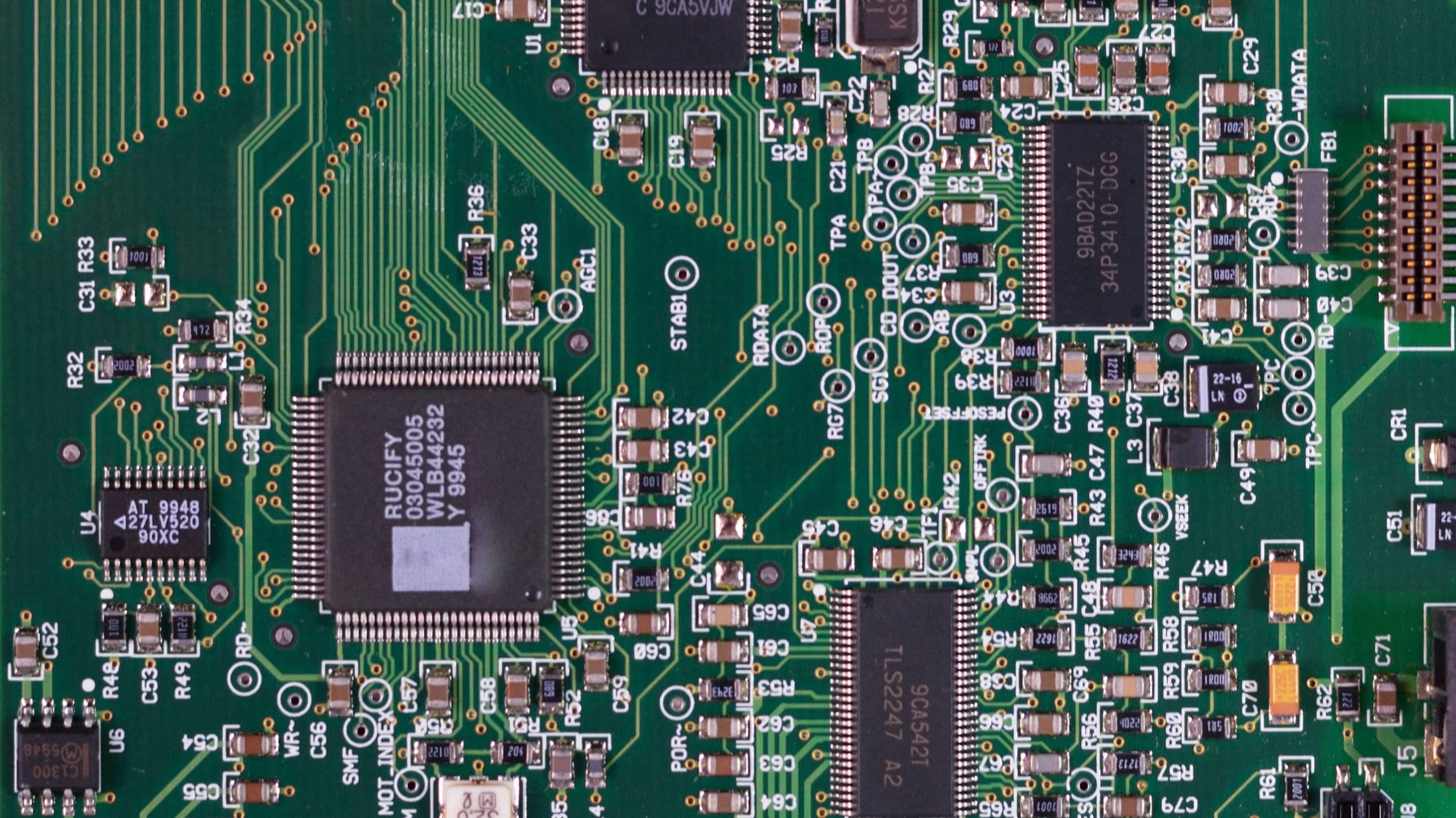Many people opening their own restaurant or bakery have thought about their menu, their staff, and their equipment … to a point. The problem is that a lot of those people haven’t further considered a lot of other aspects of operation that are crucial, like maintenance, websites, staffing, scheduling, and inventory. Restaurant management systems collectively encompass all of those things and more.
The most important reason for having a good restaurant management system in place is that everything will run smoother when you have one, and it can be chaotic if you don’t. It simplifies and streamlines the day-to-day operations of the restaurant. Already knowing the plan for almost every situation makes it easier when those situations arise. If your manager that takes care of scheduling suddenly quits, you won’t have to worry about how they did their job or how to handle it when they’re gone; your scheduling management system will pick up the slack and you’ll still be able to carry on as usual. You won’t ever have to worry about forgetting to make an order for specific supplies because your management system can take care of it for you, or at least remind you when you need to do it so you don’t run out of anything.
Of course, each person – and each restaurant – is different; there is no one magical system that works for everyone in every situation. For obvious reasons, large, full-service restaurants will be mainly focused on different aspects of the business than a small diner in a rural town. You may have to try a few different things to figure out what works best for you and your restaurant. For some people, that’s a separate system for each aspect of management – one for inventory, one for scheduling, etc. For others, that’s one all-in-one system that handles pretty much everything.
Things to consider when choosing a restaurant management system
In your situation, you will want to consider the breadth of features a system has compared with what you need. Some features to consider are sales and tax tracking, loyalty programs, online ordering, point-of-sale, inventory management, customer reviews, and employee scheduling. You will also want to consider the cost – not all pricing models are the same. Some features may be extra, and some may be priced on a per-transaction basis. Don’t forget to think about how those costs might change as your restaurant grows. If you might need technical help, you will also want to find out how the restaurant management system’s customer support hours and response times compare to others. Finally, be sure you know what you’re getting into – is it a long-term contract, and if so, are there any potential early termination fees if anything goes wrong?
What are the perks of an all-in-one restaurant system?
Well, for starters, it’s very easy to keep track of everything if it’s all in one place. If you use the same software to track food inventory, ordering, maintenance, scheduling, and payroll, you’re less likely to lose sight of one of the many things you need to get done.
Are there any downsides to an all-in-one system?
You can sometimes find a more efficient way to track some of these things, or handle some of your tasks, if you use separate systems, and since every food business is unique, no system can handle every single detail perfectly.
As usual, we recommend Reachify for your phone automation needs. Instead of ignoring calls – or, worse, customers in line – during busy peak mealtime rush, use Reachify to let the phone handle itself. Send custom texts with online ordering URLs or promotions to your customers, save a staff member from having to get the phone, and satisfy your callers quicker. It’s a win-win! Find out more here.



